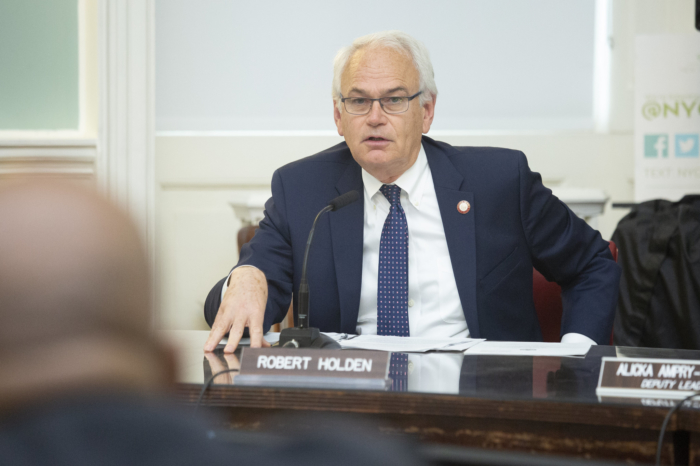“Sad songs,” as Elton John wrote, “say so much.” In 21stcentury American politics, a particularly sad song continues to be sung by politicians of all sides.
There are no definite lyrics to the sad song of the American economy; the words are different from left to right, but the message is the same: “We need more jobs.”
It sounds upbeat, but this song is sad because it has no meaning. No matter who sings it, however loudly, there are no jobs coming. There are still millions of Americans who are unemployed or underemployed and struggling to make ends meet-and no aid is coming to them.
Government jobs and the service industry now lead the way in the American economy. In short, one in 15 of your fellow Americans has a government job, which provides solid wages and equally solid benefits.
Though the percentage of Americans working for the government is about what it was four decades ago, the public sector is nonetheless the largest employer in the nation.
Millions of others have secured low-wage, long-hour service industry jobs, which seems to be the only kind of job creation the private sector is creating these days.
Economists Martha Olney of the University of California at Berkeley and Aaron Pacitti of Siena College suggested the economy is slower to recover jobs today because it has grown far more dependent on people doing things as opposed to making things.
There is good evidence to support this conclusion. Manufacturing jobs pay more than service industry jobs, and those in the manufacturing industry are able to spend more than lowwage earners, thus pumping more into the economy-not to mention the government’s coffers in the form of tax revenue.
Manufacturing in America, of course, has plummeted since the 1970s, and those jobs are now few and far between. Meanwhile, we have been told that the path solid, good-paying jobs is through higher education.
After World War II, the U.S. had the highest high school graduation rate in the world. Today, we have dropped to 22nd out of 27 industrialized nations. Some 1.1 million American students drop out of school every year, and less than half of American students finish college.
Adding salt in the wound, college graduates have had the roughest time since the Great Recession, as some have had to wait months, even years before landing full-time jobs in the fields for which they majored.
This economy is a disaster, no matter what the politicians tell you. The next great answer to our economic malaise, they claim, is raising the minimum wage to $10, even $15 per hour.
But it’s really just another sad song with no meaning, as the minimum wage increase is only a temporary fix to the standard of living for a few, not a cure-all to the real problem affecting everyone-the lack of solid jobs for the millions of people in this country who want and need them.
It’s time to stop singing about few jobs and low wages- and time to do something about it.
































